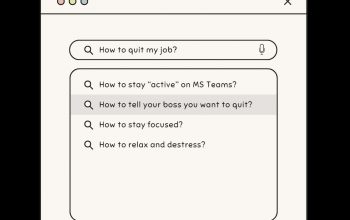An important reminder in the spirit of Mental Health Awareness Day this month
Alice Le Blanc CONTRIBUTOR
Photo: iStock
It is the day after Thanksgiving. Your stomach is still bloated from that overstuffed turkey you had last night, so you opt for an herbal tea instead of your usual double-double. It started out as a foggy morning, but the sun is now peeking through the clouds teasingly. You cross Queen’s Park on your way to class, wrestling with whether you should keep your jacket on or not. You make it to your 9 a.m. class and slouch into your usual seat at the back of the auditorium, wishing you were back at home in the warmth of your blanket, binge-watching The 100 with your cat in your lap.
This is the sad reality that most students at the St. George campus faced this year, during what would have been a blessed fall reading week. While all our friends at York University, Wilfrid Laurier University, and Ryerson University enjoyed a relaxing week off school following Thanksgiving, we shed silent tears during lectures, tutorials, and labs. What is even more sad is the fact that schools such as Guelph University only have a two-day break after the holidays.
The discrepancies between the timing of these schools and their reading breaks are essential in shedding light on a bigger issue. That is, the matter of student life and mental health. The University of Toronto only recently voted in its fall reading week. York University recently did the same. However, this was all a response to a need advocated by the students. This points to the problem that educational institutions do not have the proper infrastructure when it comes to mental health resources. It should not take never-ending waitlists to the wellness counsellor’s office to mobilize educational institutions to address the lack of help available for those struggling with their mental health. Nor should it wait for students to break down before planning ways in which the impact of one’s mental health struggles can be prevented. Especially with the condensation of the semester where full-year courses are compressed into three months’ worth of lectures, students need a respite in order to even have a chance at meeting the increasingly fast-paced demands of the academic environment.
In response to Mental Health Awareness Day this month, it is important to remember that we shouldn’t wait for things to get worse before we make a change. Fall reading week should not be a luxury or an exercise in student rights. The fact that it is treated so downplays the importance of mental health.




